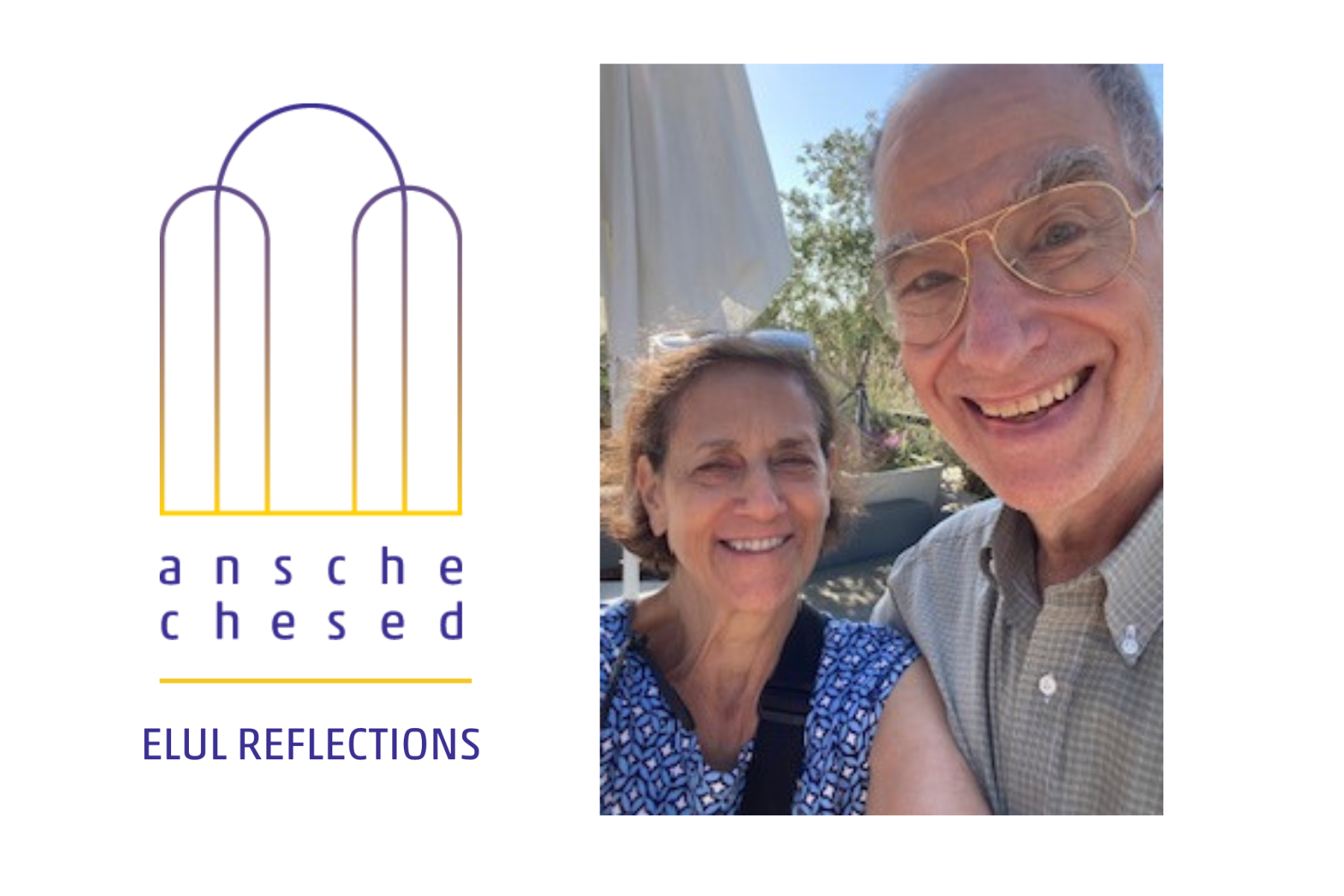It is no great revelation to say we are living through phenomenally complicated times, both here in New York and in Israel. But complicated doesn’t feel like an adequate adjective. My husband and I studied at the Hartman Institute in Jerusalem as part of the Community Leadership Program this past June. For the first time ever, Hartman had to close registration for CLP as 250 others signed up as well. We were not alone in needing a safe space to talk about the current troubling reality in Israel and here at home, and to talk about it from a distinctly Jewish and Zionist perspective. To begin with, I got a better word – multiplicity – to replace the threadbare “complicated.” There is no single reality right now. There is no “right answer” that will suffice. We must hold that multiple things can be true at the same time. I heard a definition of trauma as what happens when the way you understood the world to work is disrupted and your understanding of your place in the world no longer works. It is how I feel, I don’t think I am alone in this. We were presented with a construct of three modes of reaction when what you relied on as reality comes crashing down: ignore new information and cling to what you thought more tightly; totally abandon your beliefs; or – hardest – incorporate the new in a way that allows you to successfully navigate a changed world.
But of all the many ideas, discussions, and teachings I experienced at CLP there is one that resonates most powerfully for me. It is the paramount importance of recognizing our own capacity to do better not only as individuals but as a collective. 5784 brought an unspeakable attack in Israel that was accompanied by an astonishing level of international support – including, to our horror, on campuses – for the murderers. This is true. We have a right and an obligation to one another to fight back. But that doesn’t absolve us of moral responsibilities. When we forget that all people, ourselves included, have yeter ha’tov – the inclination to good – and yeter ha’rah – the inclination for evil, it is the latter voice that grows louder. And not everything we are doing now is good. Our obligation to ourselves and each other is to know the difference.





